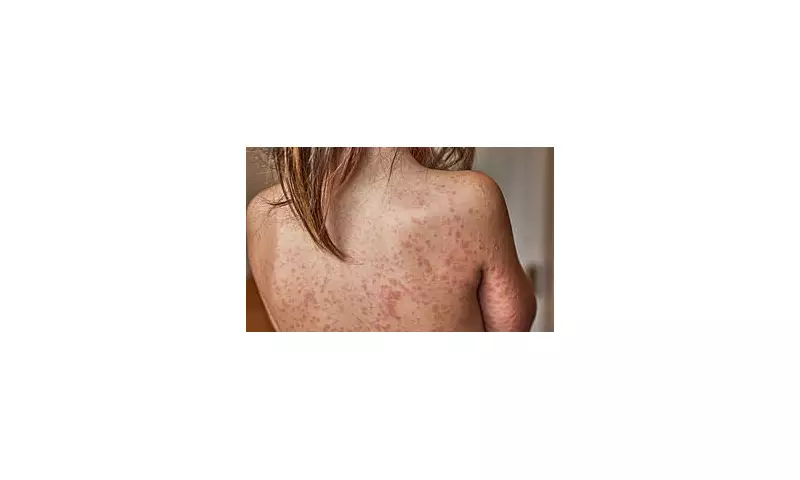
Health officials in New York City have sounded the alarm after confirming a case of the highly contagious measles virus within the city. The detection has sparked urgent calls for residents to verify their vaccination status to prevent a potential outbreak.
The case was identified through the city's robust disease surveillance system, prompting an immediate public health response. Measles, which was declared eliminated in the United States in 2000, can still emerge through international travel or unvaccinated communities.
Why This Poses a Serious Public Health Risk
Measles is one of the most contagious viruses known. It spreads through the air when an infected person coughs or sneezes, and viral particles can remain in a room for up to two hours after they have left. The disease is so infectious that 90% of unvaccinated people close to an infected person will catch it.
Symptoms typically appear 10 to 14 days after exposure and include:
- High fever
- Cough
- Runny nose
- Red, watery eyes (conjunctivitis)
- A distinctive red rash that spreads across the body
The Critical Importance of MMR Vaccination
The Measles, Mumps, and Rubella (MMR) vaccine is overwhelmingly effective at preventing the disease. Two doses are about 97% effective at providing lifelong immunity. Health officials are urging anyone who has not been vaccinated, particularly young children, to do so immediately.
This case serves as a stark reminder that vaccine-preventable diseases can and will resurface when vaccination rates drop, underscoring the vital role of herd immunity in protecting vulnerable populations who cannot be vaccinated for medical reasons.
Global Context and UK Implications
While this case is in New York, it highlights a global concern. The UK has faced its own measles challenges in recent years, with outbreaks often linked to areas of low vaccination uptake. The NHS consistently emphasises the importance of the MMR vaccine for both children and adults who may have missed it.
This incident abroad reinforces the need for continued vigilance and high vaccination coverage to maintain public health security everywhere.





